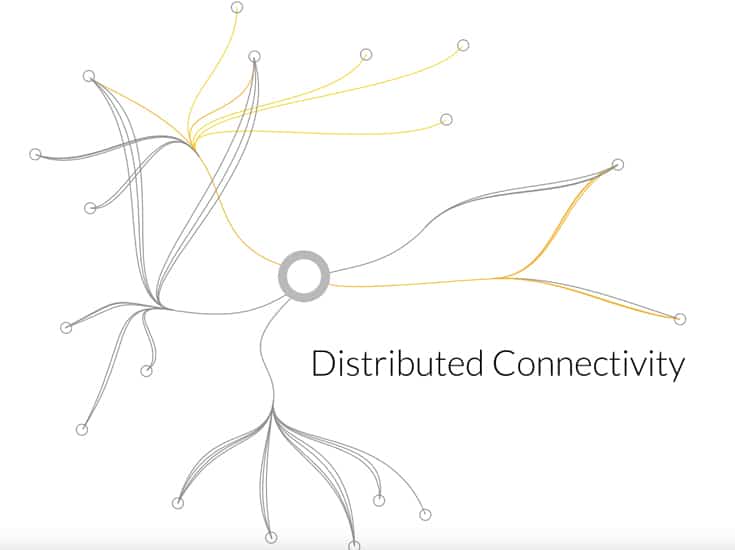Today Barracuda Networks, Inc. announced that its Barracuda Web Application Firewall and Barracuda NextGen Firewall would now have expanded public cloud functionality. Barracuda states that the updated cloud-generation firewalls will give customers an easier path of migration to public clouds by allowing for utility-based consumption and automated security controls for DevSecOps workflows. Barracuda intends to demonstrate these newly updated firewall at booth # 1533 during AWS re:Invent, Nov. 27-Dec. 1, in Las Vegas.

Through a survey Barracuda sponsored, the company found that over 40% of organizations run at least some portion of their infrastructure in the public cloud. The reasons why include easy integration with legacy technology (61%), strong protection of applications (54%), and strong protection of access to applications in the public cloud (48%). While there are many benefits in moving to the public cloud, there are also threats. Of the same organizations surveyed, half reported being hit with a cyberattack. Barracuda intends to protect customer data wherever it may reside with its new firewalls.
Engineered for to provide security for cloud-only and hybrid cloud environments, the new Barracuda cloud-generation firewalls provide cloud-specific features including metered billing, API support for DevSecOps teams, fully meshed connectivity, and scalability. As organizations scale and automate in the cloud, they will need a new method of data protection.
New capabilities and functionality include:
- Usage-based billing using the AWS Marketplace Metering Service Billing – Barracuda NextGen Firewall is now available as a metered billing service in the AWS Marketplace, joining the Barracuda Web Application Firewall, which became available with the same service last year. AWS Marketplace Metering Service Billing ensures that all evaluation, pricing, and provisioning is done entirely within the AWS Marketplace, removing any licensing friction and offering a pricing structure based on actual traffic secured. Customers are able to build CI/CD pipelines that include their ISV partner solutions, and charges are based on the total bandwidth consumed across deployed firewalls and standard Amazon Elastic Compute Cloud (EC2) charges per instance.
- DevSecOps with Puppet – The REST API framework can be used to automate the configuration of the Barracuda Web Application Firewall, which now includes Puppet integration within AWS, making it easier for customers to integrate security controls into their cloud native applications on AWS. This integration enables cloud security and operations teams to codify their firewall policies as code so they can be tested and secured as part of the overall application delivery process. Puppet maintains the desired state of the
- Barracuda Web Application Firewall, automatically remediates unauthorized changes, and enables security teams to quickly identify and remediate known vulnerabilities. This benefits the business because it helps increase application velocity, security and reliability.
- Well-architected for the public cloud – Integrate directly with public cloud fabric, provide API integrations for DevOps tools and automation workflows, and centrally manage across hybrid environments. This gives customers all the benefits of the cloud without compromising their security posture.
- Support for cloud-specific use cases – Support unique requirements of the cloud including horizontal scalability, distributed policy sets, fully meshed connectivity, and north-south traffic management. Meeting these requirements allows customers to leverage the benefits of cloud automation around deployment, autoscaling, high-availability, networking and monitoring.
- Match Customer’s Cloud Consumption Models –Licensing that allows customers to deploy security in alignment with their current public cloud consumption model.




 Amazon
Amazon